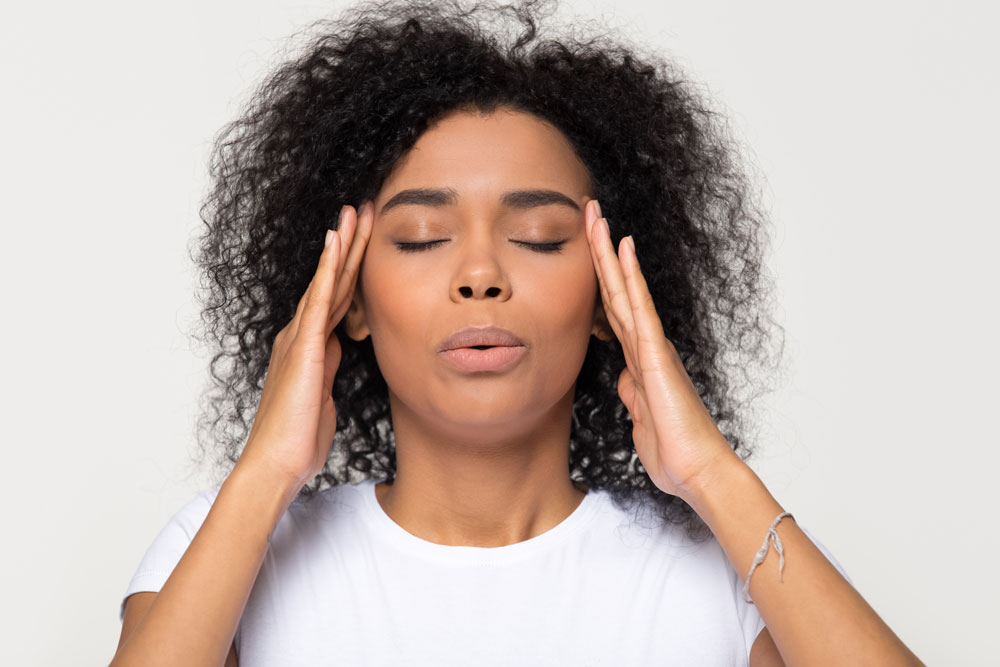The Negative Consequences of Addiction
As per the 2017 National Survey on Drug Use and Health (NSDUH), 19.7 million Americans aged 12 years and over were battling a substance use disorder. Addiction is a complex disease that changes brain functioning in a way that compels the use of alcohol or drugs just to feel normal, despite the negative. Drug addiction, substance abuse and alcohol abuse negatively impacts lives by distorting lifestyles to an extent where all other priorities in life are de-emphasized. Besides health, addiction also affects the social network of relationships, family and friends, of the person addicted person.
How Drug Addiction Affects Health
- Loss of appetite which often leads to a drastic loss of weight
- Drug addiction could lead to malfunction of organs – lungs, liver, heart and sometimes, the brain.
- Drug addiction could affect kidney functioning and could possibly lead to kidney failure
- Alcohol and tobacco addiction increases the probability of developing cancer
- Drug addiction and alcohol dependence increases the chances of risky behaviour – sharing of needles of impaired driving – could lead to acquiring communicable diseases or increase chances of inury or death
- Addiction to multiple drugs increases chances of blood toxicity and sepsis, which could lead to organ damage or death.
- Drug addiction leads to increased mental health issues and a person could suffer from anxiety or depression and experience psychotic episodes
- The immune system is compromised, which increases the chances of contracting communicable diseases, such as COVID-19
- Drug addiction can lead to hormonal imbalance – men could suffer from decreased testosterone and it could cause infertility in women
- Unstable body functioning could lead to physical injuries
How Addiction Affects Brain Functions And Social Relations?
- Higher risk tolerance and impaired decision-making skills could lead to participation in criminal or illegal activities
- Obsessive addiction to drugs can lead to withdrawal from social relationships – getting more distant from family and friends. Profesional relationships may also be affected.
- Drug addiction leads to reduced empathy and sensitivity and could lead to apathy toward others and, sometimes, lead to mental or physical abuse of others.
- Destructive behaviour could lead to the isolation
- Impulsive behavior and lack of self-control
- Drug addiction can lead to engagement with the law – reasons could be driving under the influence (DUI), domestic violence, criminal activities, theft, etc.
- Drug addiction can make people paranoid and lead to them experience out-of-body episodes. It could also lead to onset of schizophrenia due to the hallucinogenic effects of certain drugs
- Drug addiction can reduce pain perception in human beings, which can be detrimental as it is one of our defense mechanisms to health, internal and external

How Can Addiction Affect New Born Babies
Pregnant women, addicted to drugs or alcohol can cause severe harm to the unborn child leading to birth defects or giving birth to an infant who is born suffering with withdrawal symptoms. Lack of proper nutrition of the mother can cause neo-natal defects, premature births, and even miscarriages. Even in cases of normal births, children can develop certain physical and mental disorders later in life.
What Are Withdrawal Symptoms?
Withdrawal symptoms are prevalent in regular drug users who do not have access to their drug or alcohol of choice or try to quit using voluntarily. Withdrawal symptoms could include, fever, chills, insomnia, aches, upset stomach, nausea, vomiting, anxiety, depression, tremors, shakes, acute cravings, etc. It is hard for an individual suffering from addiction to deal with these symptoms on their own and they should seek treatment. Sometimes, withdrawal symptoms can be dangerous – withdrawal from alcohol and benzodiazepines can lead to seizures, stroke or even death. It is important for people experiencing withdrawal symptoms to access to proper medical help and treatment.
The list of negative consequences of becoming addicted to alcohol, tobacco, and drugs is extensive and affects all aspects of a person’s life. It is important to realize that withdrawal symptoms and addiction can be treated and a full recovery is possible. Drug rehabs, addiction therapy and addiction treatment are established by licensed facilities to help people recover from addiction and start living a productive life.
Drug addiction and alcohol dependence can be treated. However, the individual afflicted by the disease of addiction needs to recognize that they have a problem and be willing to enter treatment. With the stigma around the disease of addiction still high, people suffering from addiction are generally more resistant to seek treatment in an inpatient setting. Luckily, addiction treatment has evolved over the past several years and now all addiction treatment, including detoxification for alcohol, benzos and opiates, is available in an outpatient setting. Please go to RecoveryCNT.com to learn more about treatment options.
Related Articles
Three reasons to use detox center to overcome addiction



